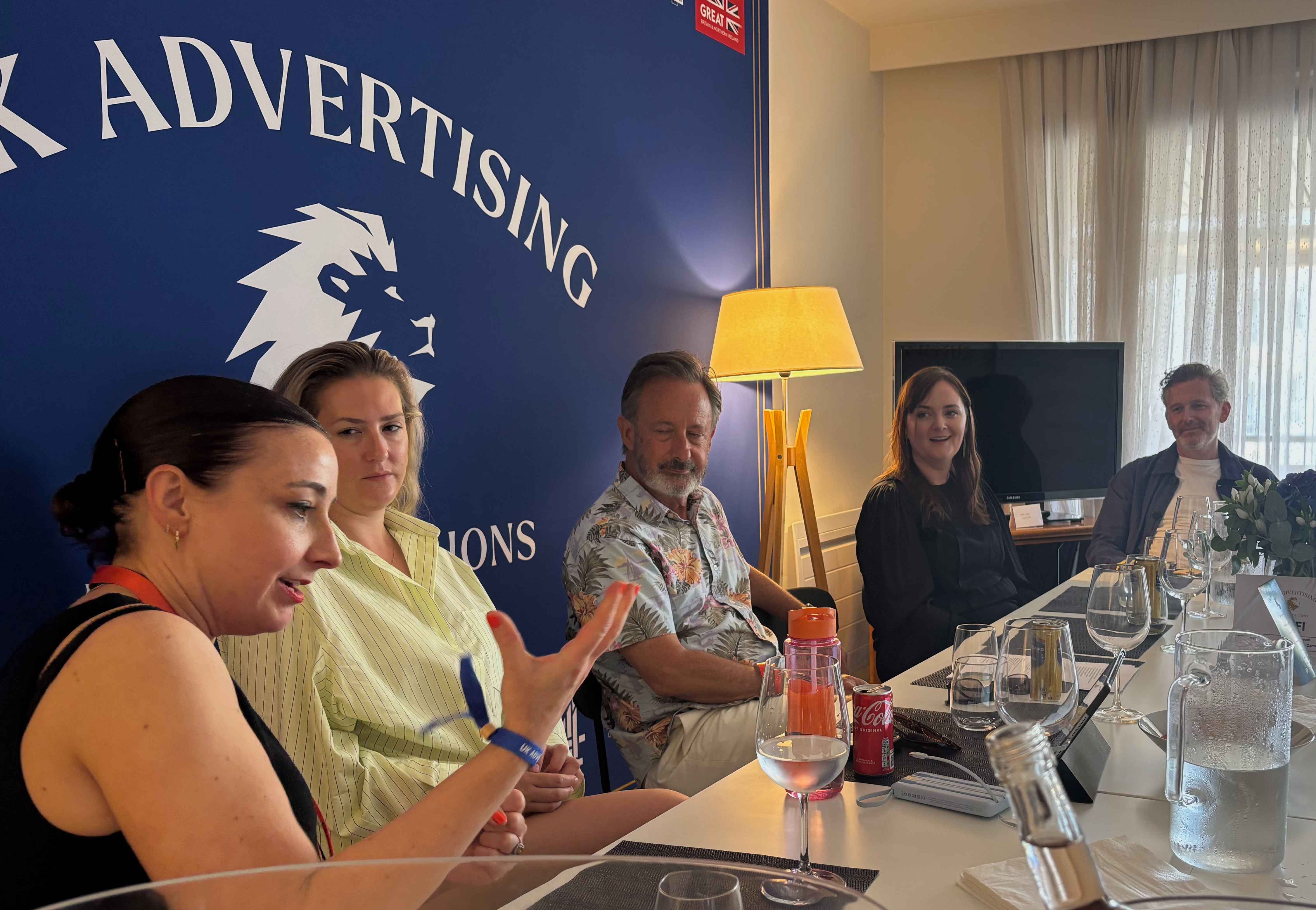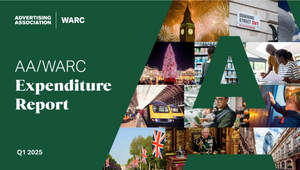
Embedding Production for Better Brand Impact

Getting Production in Early Pays Off
Take Diageo. Rosalind Healy, global head of content production, described how embedding production earlier in the planning process has created strategic advantage. “It’s about creativity with precision,” she said. Diageo’s use of ‘asset blueprints’ ensures the company does not just create more content, but more valuable content. Production is involved at the very start of campaigns, helping determine what ideas are worth scaling across multiple markets and which can be left behind.
This upstream shift is changing the relationship between clients, agencies and production companies. Claire Young, Girl & Bear (VCCP’s global content studio), noted that having makers in the room from day one does not just streamline delivery; it changes the creative conversation entirely. “We’re moving from execution partner to strategic collaborator,” she said. “It enables us to think about the longevity and adaptability of assets from the start.”
For Arla’s Jais Holm, the model looks a little different. Their in-house production team curates projects through a bespoke network of producers, giving them flexibility to select the right partners for each brief, he notes. “We curate everything ourselves, selecting the right partners to get the job done.” This is not about stepping away from agencies altogether, but about expanding the creative ecosystem. By working directly with producers where it makes sense, brands like Arla can complement existing agency relationships with faster, more focused execution, particularly in areas where speed is critical.
This growing emphasis on speed and adaptability is also reshaping how brands think about talent and tools, especially when it comes to AI. At Ancestry, Denise Neary has helped develop an AI-driven messaging portal that pulls from years of brand content to enable faster, more culturally relevant communication across markets. It is not about replacing humans, she was quick to note, but about giving them better tools. “We still need human oversight to maintain the warmth and distinctiveness of brand storytelling.”
Production Re-Imagined
The traditional ecosystem is giving way to a more integrated approach. Production companies are no longer siloed execution partners but active contributors to strategy, ideation, and long-term planning. This shift is redefining roles and opening up new creative possibilities. Tony Roberts, Common People Films, shared how this change is reshaping production business models. As agencies bring more work in-house, production houses are expanding their capabilities, increasingly acting as both creative and strategic partners. Claire Young of Girl & Bear emphasised that their studio was created to embody this new model, “bringing makers into the conversation earlier to position production as a true creative partner.”
Real People Want Real Stories
That tension between efficiency and emotion, between automation and authenticity, was a recurring theme throughout the discussion and the week at LIONS. Several participants observed that audiences are increasingly discerning, often growing weary of overly polished content. There is a rising appetite for work that feels real, unfiltered, even a little rough around the edges. Marie Owen, LS Productions, highlighted this shift away from perfection. “Audiences respond more to relatable stories than flawless visuals.” In an era where AI can generate polished outputs rapidly, imperfection has become a new hallmark of authenticity.
Yet craft remains vital. As the landscape evolves, production must strike a balance, knowing when to deliver scale and spectacle and when to embrace authenticity. Craft is evolving, not disappearing. For brands trying to build meaningful relationships with their audiences, that evolution means knowing when to go big and when to embrace authenticity.
The Evolving Role of Procurement
As production evolves, many in the industry are exploring how procurement models can best support creativity and speed. Marie Owen highlighted how the traditional triple-bid process can sometimes limit agility, especially when timelines are tight. “If we could have better conversations earlier, it would save money,” she observed. Roundtable participants discussed opportunities for more flexible approaches, such as annual partnership reviews or agile workflows that encourage earlier collaboration and strategic alignment.
Trust Is the Long Game
Trust emerged as a cornerstone throughout the conversation, from procurement to production strategy. Long-term relationships between brands, agencies, and production teams were seen as essential for encouraging risk-taking and delivering better work. Rosalind Healy described how Diageo fosters creative experimentation by establishing clear boundaries upfront. “The clearer you are about what’s fixed, the more you can afford to let go,” she said. This clarity allows partners to push creative limits while maintaining brand integrity.
UK Production Leading the Way
The discussion highlighted the UK production sector’s position as a global leader, celebrated not only for its creative excellence and craft but also for its innovative spirit and cost-efficiency. UK companies set the benchmark innovation, blending cutting-edge technology with storytelling finesse. This combination allows UK production houses to deliver world-class, culturally nuanced work that resonates internationally. Steve Davies, CEO of the APA and moderator, summed up the roundtable’s message: “Production should not be seen as just execution. It is a creative force with strategic value.”
As the industry continues to evolve, the UK’s integrated production approach stands as a blueprint for global excellence, where creativity, craft and strategic collaboration come together to deliver truly impactful brand experiences
Roundtable attendees included:
Steve Davies, CEO, APA (Moderator), Quianna Maw, Advertising Association (co-host) , Alesia Duff-Farrier, APA (co-host), Denise Neary, Marketing Operations Director, Ancestry, Jais Holm Skylvad, Global Head of Creative Studio & Content, Arla Foods, Erfan Saadati, Executive Producer, Frame 23, Marie Owen, Founder & CEO, LS Productions, Claire Young, CEO, Girl & Bear (VCCP), Tony Roberts,, Founder/EP, Common People, Michelle Suttle, Chief Growth Officer Tangible, Rosalind Healy, Creative Transformation Director, Diageo















